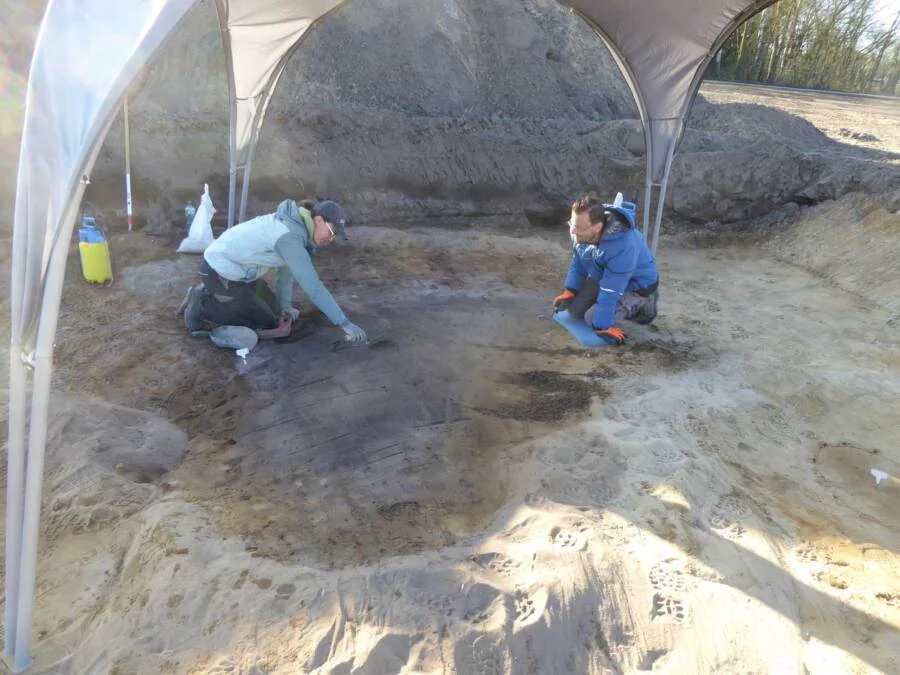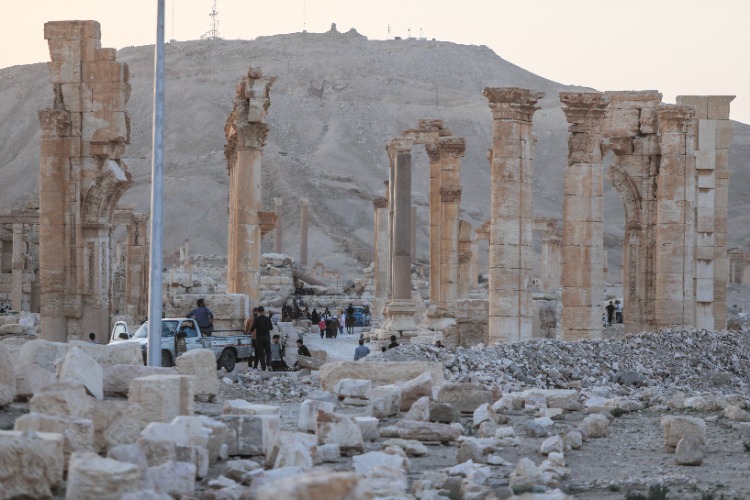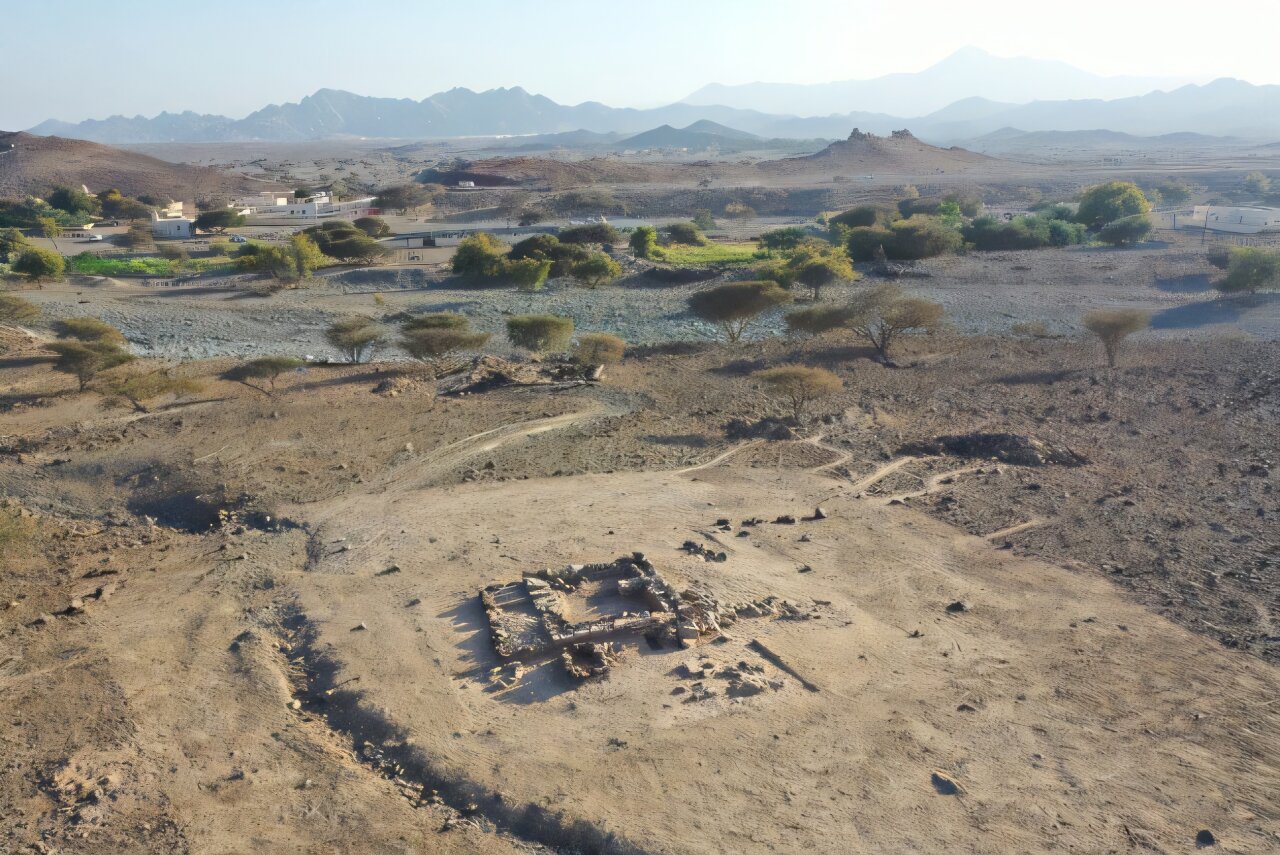In the northwestern German countryside, archaeological excavations in Delbrück-Bentfeld have revealed an unexpected Roman presence beyond the borders of the Roman Empire. This discovery enhances our understanding of Roman influence in the region and sheds light on the complex relationships between Roman settlers and local populations.
Located along the banks of the Lippe River, approximately 90 miles from the Roman frontier known as the Limes Germanicus, this site was initially identified as a simple agricultural area in 2017. However, detailed excavations conducted by the Regional Association of Westphalia-Lippe (LWL) have uncovered a settlement consisting of three distinct farmsteads that thrived between the 1st and 3rd centuries CE.
Among the most notable findings is a residential building, indicated by post holes that outline its structure. Additionally, a farmyard to the southwest revealed a kiln containing remnants of metalwork, suggesting that various economic activities, including jewelry production, took place in this settlement.
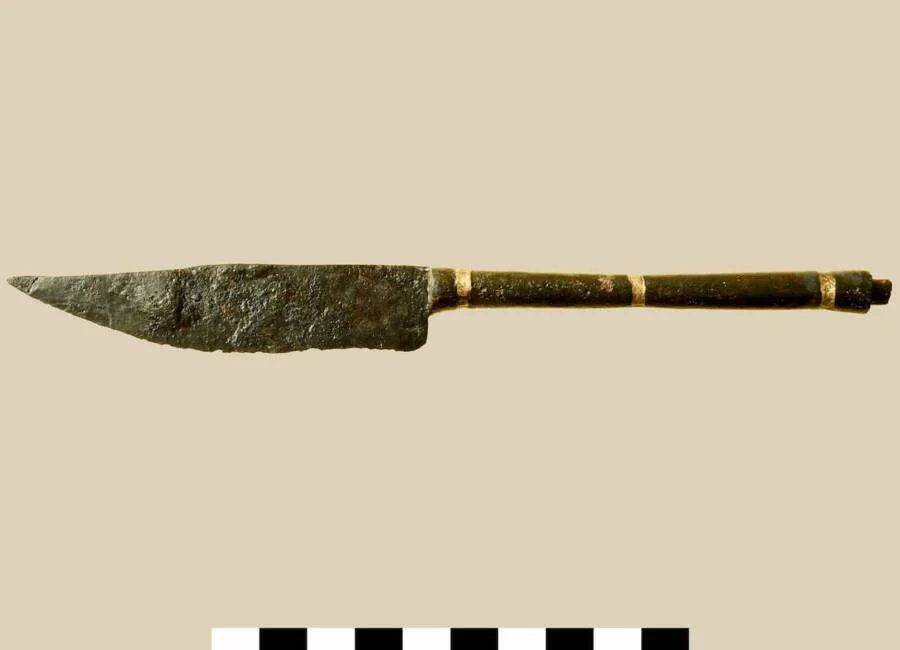
Dr. Sven Spiong from the LWL Archaeology Centre emphasized the significance of these artifacts. The coins and ceramics found at the site will help determine the age of the farmsteads and clarify whether they existed simultaneously or in different time periods. The wooden construction techniques of the era often required the abandonment of decaying structures in favor of new ones.
Other intriguing artifacts include a finely crafted cameo gemstone depicting Mercury, the Roman god of commerce and travel, and a well-preserved knife adorned with decorative brass stripes, which was buried as a ritual offering intended to ward off evil spirits.
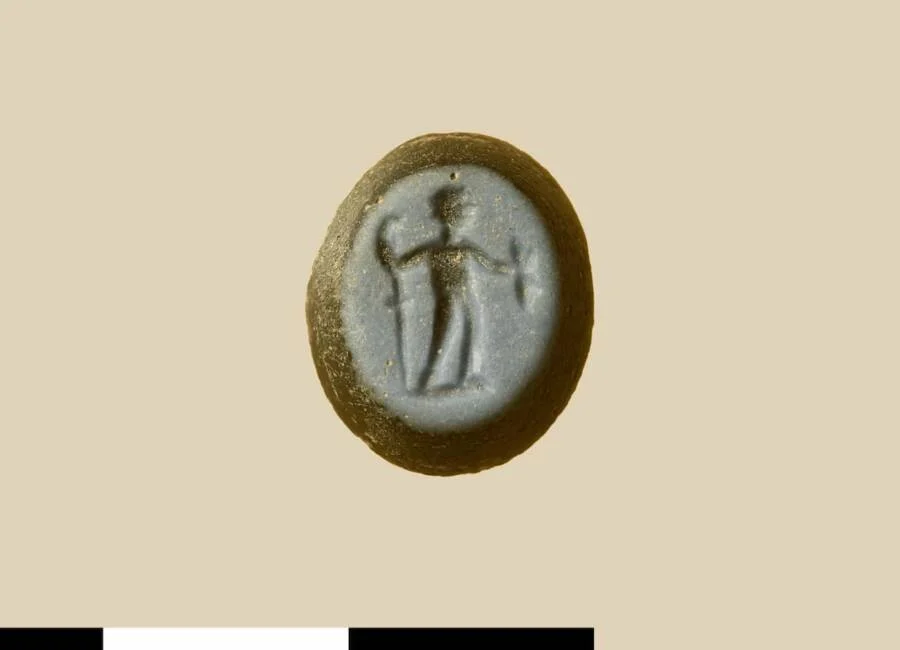
The findings in Delbrück-Bentfeld not only provide valuable insights into the daily lives of the Romans who settled in this area but also highlight the cultural exchanges between Romans and local populations. The presence of Roman coins and ceramics alongside local artifacts indicates a blending of cultures that enriched the region’s historical narrative.
Delbrück Mayor Werner Peitz underscored the importance of these discoveries, stating, “These archaeological excavations offer a unique perspective into the past. Each artifact preserves a piece of history for future generations and brings us closer to understanding the world of our ancestors.”
As excavations continue, researchers are eager to learn more about this Roman settlement and its role in the broader context of Roman expansion and cultural integration in Germania. These studies promise to provide new insights into the lives of those who inhabited this remote corner of the Roman Empire, deepening our understanding of ancient history.
Cover Image Crediit: Archaeologists excavating a pit at a Roman farmstead in Delbrück-Bentfeld, Germany. S. Spiong/LWL
